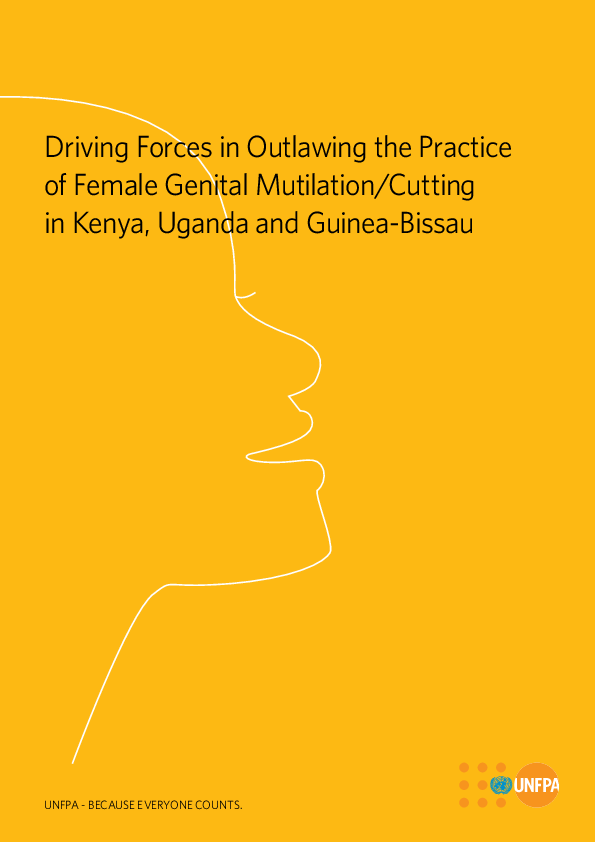The practice of FGM/C is recognized as a violation of the human rights of girls and women, which are codified in several international and regional treaties. Since the 1990s, a growing number of African countries have established legal measures prohibiting the practice of FGM/C. In 2010 and 2011, Kenya, Uganda and Guinea-Bissau joined 21 other countries that had already passed legislation criminalizing the practice.
Questions have been raised, however, about the effectiveness of laws in ending the practice, particularly in light of the lack of research on the role of legislation in promoting behaviour change in FGM/C. Critics of laws argue that legal prohibition is counterproductive and coercive, while proponents of laws believe that legislation will accelerate abandonment of the practice.
Proponents assert that legislation, particularly criminal measures, is a highly symbolic and necessary step that serves both to dissuade and to educate. Experience, however, has shown that merely developing criminal laws has proven to have little effect, and that a holistic and human rights-based approach is much more effective.
FGM/C cannot be tackled solely through laws. Ending the practice requires a multifaceted approach. A legislative framework is important in providing an enabling environment for change, but it should be accompanied by other reform strategies that encourage positive change in communities.


